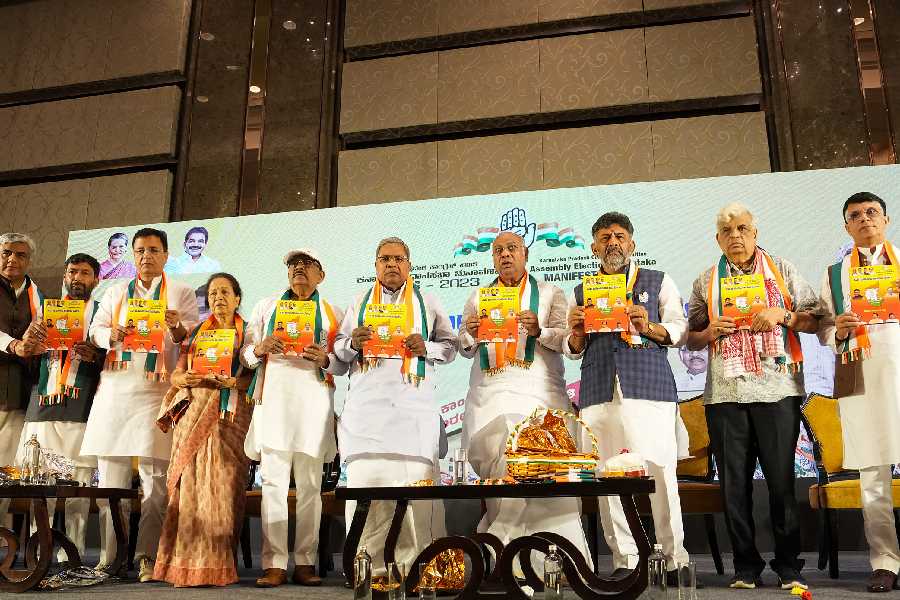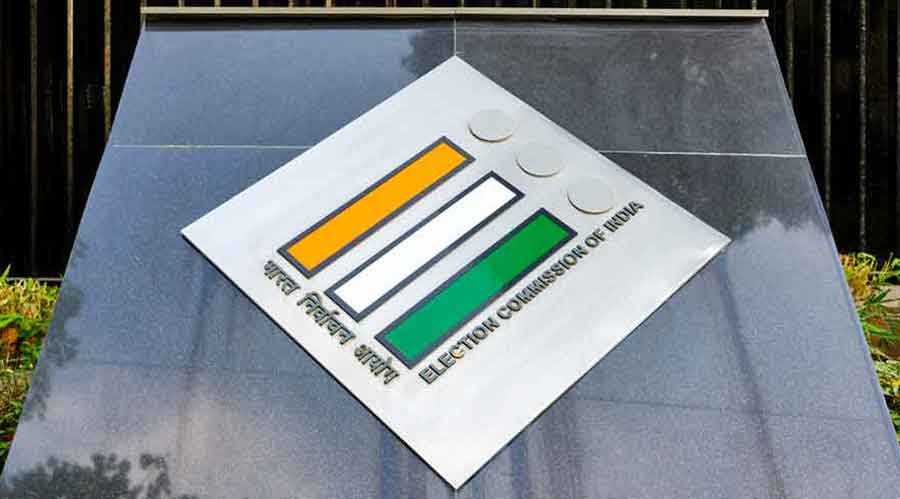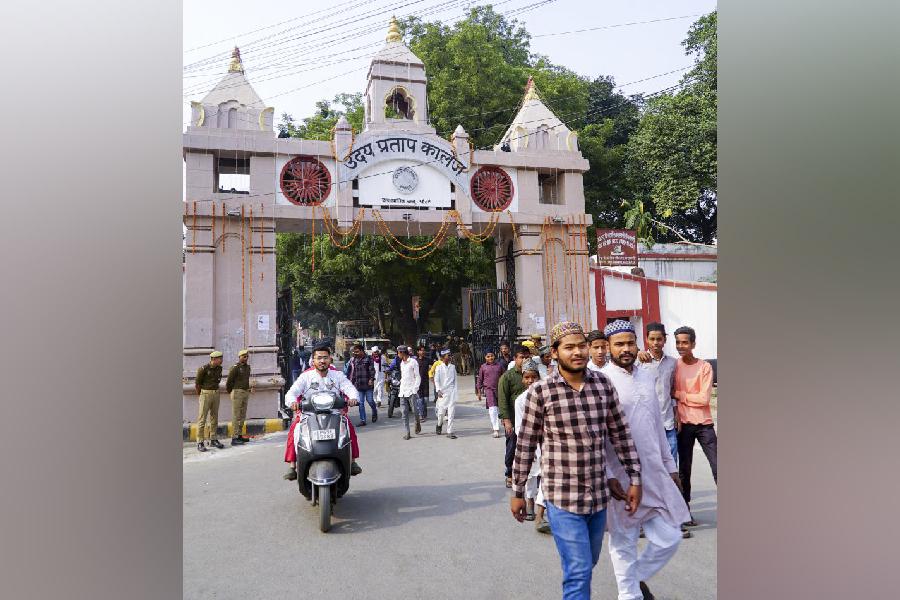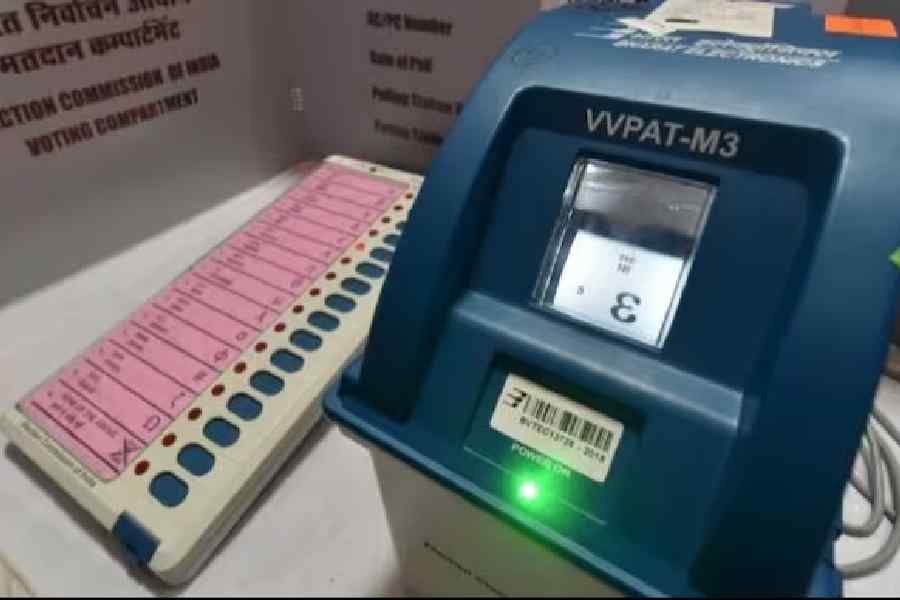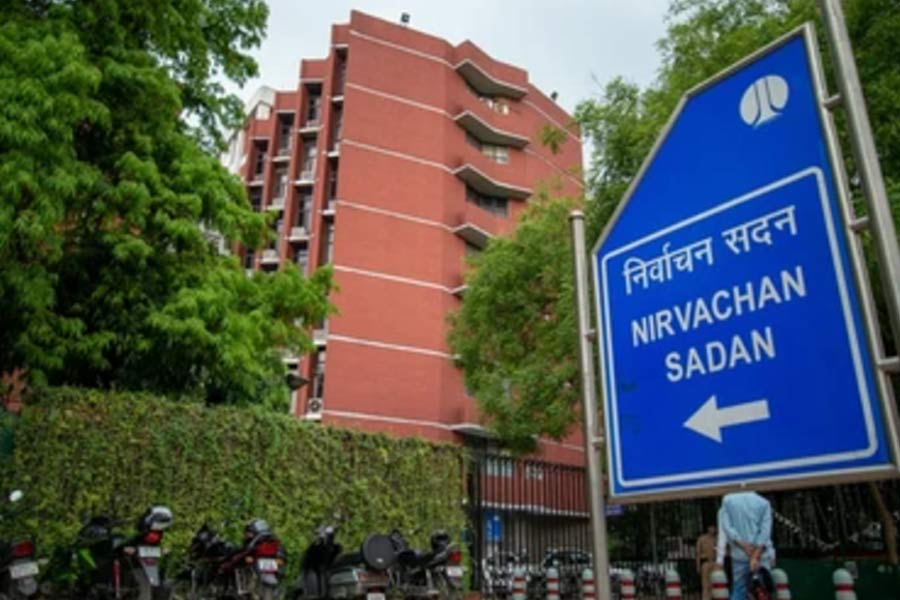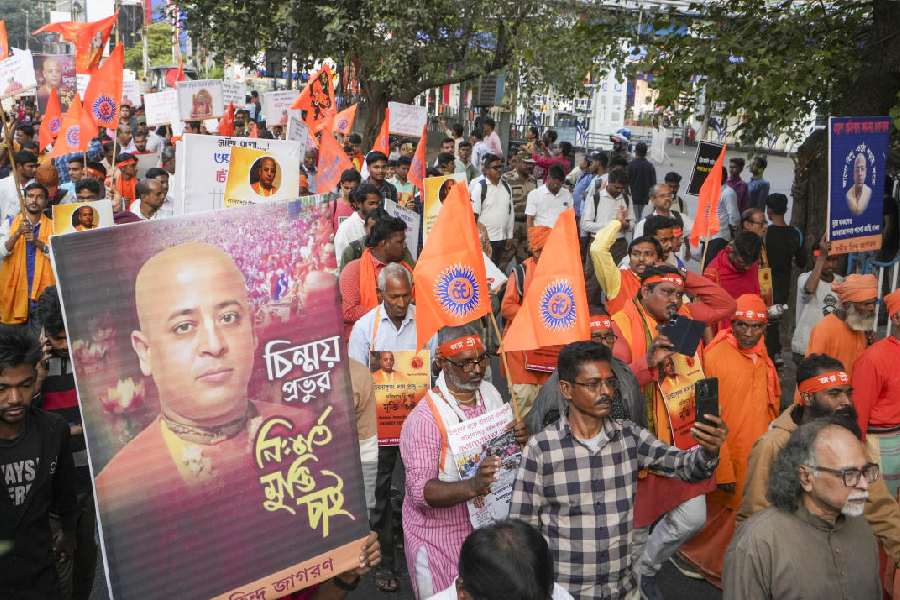The Congress has in its election manifesto for Karnataka promised to ban organisations that spread hate, citing the Bajrang Dal and the Popular Front of India (PFI), as examples.
“The Congress is committed to taking firm and decisive action against individuals and organisations spreading hatred amongst communities on grounds of caste and religion,” the manifesto said.
“We believe that law and Constitution are sacrosanct and cannot be violated by individuals and organisations like Bajrang Dal, PFI (an Islamic organisation) or others promoting enmity or hatred, whether among majority or minority communities. We will take decisive action as per law including imposing a ban on such organisations,” it added.
The promise triggered howls of protest from the BJP ecosystem, with Prime Minister Narendra Modi accusing the Congress of trying to “lock up Bajrang Bali (another name for Hanuman)”.
The Congress hit back with full force, demanding an apology from Modi for insulting Hanuman by comparing individuals and an organisation with him.
“When did ‘Bajrang Dal’ become ‘Bajrang Bali’?” former Union minister P. Chidambaram asked.
Congress spokesperson Pawan Khera said: “The Prime Minister is insulting our faith in Lord Hanuman. He should apologise to the country as he has hurt our religious sentiments as well as of crores of devotees of Bajrang Bali.”
Taking out a copy of the Hanuman Chalisa from his pocket, Khera added: “Can Bajrang Dal be compared with Lord Bajrangi? Will we tolerate it? We will not.”
The manifesto also promises to repeal contentious laws and “correct” the textbooks rewritten by the BJP government — a hugely controversial issue in the state.
It does not specify which laws would come under scrutiny if the Congress returns to power. However, the recent anti-conversion and anti-cow slaughter laws have been the most controversial ones. A state government order that led to a virtual ban on the hijab in classrooms up to Class XII too has caused uproar.
Quota promise
The manifesto also promised to restore the 4 per cent reservation for Muslims that Karnataka’s BJP government has controversially scrapped, and to provide additional reservation for other communities by raising the ceiling from 50 to 75 per cent.
The party has promised to increase the quotas for the Lingayats, Vokkaligas, OBCs, Dalits and Adivasis. It has also pledged a slew of welfare and educational projects, agricultural and industrial schemes, and gender rights initiatives.
Among the highlights of the manifesto are the “guarantees” the Congress had already offered, promising to implement them at the first cabinet meeting if it came to power.
The party has promised 200 free units of power to each household every month under the Gruha Jyothi scheme; 10 kilos of free rice a month for every member of poor families under the Anna Bhagya scheme; Rs 2,000 to every woman head of a household each month under the Gruha Lakshmi scheme; and the Yuva Nidhi scheme that offers Rs 3,000 to graduates and Rs 1,500 to diploma holders for two years or till they find employment.
Additionally, the Congress has offered free travel for all women in government buses.
Congress national president Mallikarjun Kharge, state president D.K. Shivakumar and leader of the Opposition P.C. Siddaramaiah were among those who presented the manifesto on Tuesday. Siddaramaiah, who had helmed the last Congress government between 2013 and 2018, said his administration had fulfilled 158 of the 165 promises laid down in the 2013 manifesto.
“I had mentioned this in the 2018-19 state budget,” he said. “The BJP, which made around 600 promises in its manifesto for the 2018 state polls, has fulfilled only 55 of them during its rule.” Muslims enjoyed a 4 per cent share of the OBC quota. In March, the state’s BJP government moved the community to the 10 per cent Economically Weaker Sections quota, shared by all communities including upper caste Hindus. The government redistributed the Muslims’ 4 per cent share equally among the Vokkaligas and Lingayats, raising their shares of the OBC quota to 6 and 7 per cent, respectively.

